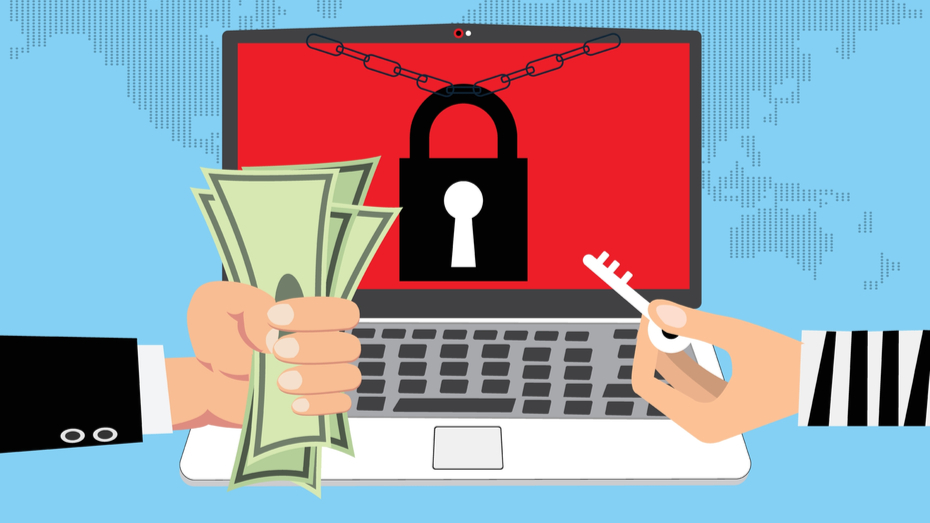Strategies for Effective Team Collaboration in the Workplace
Effective team collaboration is the bedrock of success in any workplace. Discover key strategies that promote teamwork, foster communication, and enhance productivity among team members.
Clear Communication Channels
Establishing clear communication channels is fundamental to successful team collaboration. Encourage open and transparent communication where team members feel comfortable expressing ideas, sharing feedback, and discussing concerns. Utilize communication tools and platforms that facilitate real-time interaction, creating a seamless flow of information within the team.
Defined Roles and Responsibilities
Clearly defining roles and responsibilities is essential for avoiding confusion and ensuring accountability. Every team member should have a clear understanding of their role and how it contributes to the overall team objectives. Regularly revisit and update role expectations as the team evolves and projects progress.
Embracing Technology for Collaboration
In today’s digital age, leveraging technology is paramount for effective team collaboration. Implement project management tools, collaboration platforms, and communication apps to streamline workflow and enhance connectivity. The integration of technology fosters efficiency and ensures that team members can collaborate seamlessly, regardless of physical locations.
Encouraging a Collaborative Culture
Fostering a collaborative culture is more than a set of strategies; it’s a mindset. Encourage a culture where team members value collaboration, respect diverse perspectives, and recognize the collective strength of the team. Team-building activities, both formal and informal, can contribute to building a cohesive and collaborative work environment.
Regular Team Meetings and Check-Ins
Scheduled team meetings and check-ins are essential for keeping everyone on the same page. Regular interactions provide a platform to discuss progress, address challenges, and align team members with overarching goals. Virtual or in-person, these gatherings facilitate effective communication and maintain a sense of unity within the team.
Establishing Clear Goals and Objectives
Clarity in goals and objectives is the cornerstone of successful team collaboration. Clearly articulate the team’s mission, specific project objectives, and individual responsibilities. Having a shared understanding of the team’s purpose ensures that every member is working towards common goals.
Encouraging Knowledge Sharing
Knowledge sharing is a powerful tool for team collaboration. Encourage team members to share their expertise, insights, and best practices. This collaborative approach not only enriches the team’s collective knowledge but also promotes a culture of continuous learning and improvement.
Providing Opportunities for Skill Development
Investing in the skill development of team members is an investment in the team’s overall capabilities. Identify areas where skill enhancement can contribute to improved collaboration and provide training opportunities. A team that continuously develops its skills remains adaptable and better equipped to tackle challenges.
Constructive Conflict Resolution
Conflict is inevitable in any collaborative environment. The key is to approach conflict as an opportunity for growth rather than a hindrance. Establish mechanisms for constructive conflict resolution, such as designated mediators or facilitated discussions, to address disagreements and ensure that conflicts lead to positive outcomes.
Celebrating Achievements and Milestones
Recognizing and celebrating achievements, both big and small, is crucial for team morale. Acknowledge individual and collective accomplishments, whether it’s meeting project deadlines, surpassing targets, or overcoming challenges. Celebrations contribute to a positive team culture and motivate members to continue working collaboratively.
Seizing the Power of Team Collaboration Strategies
In conclusion, implementing effective team collaboration strategies is essential for fostering a productive and harmonious work environment. From communication and technology to culture and conflict resolution, each strategy contributes to building a strong and collaborative team. For more insights and resources on team collaboration, visit Team Collaboration Strategies.




